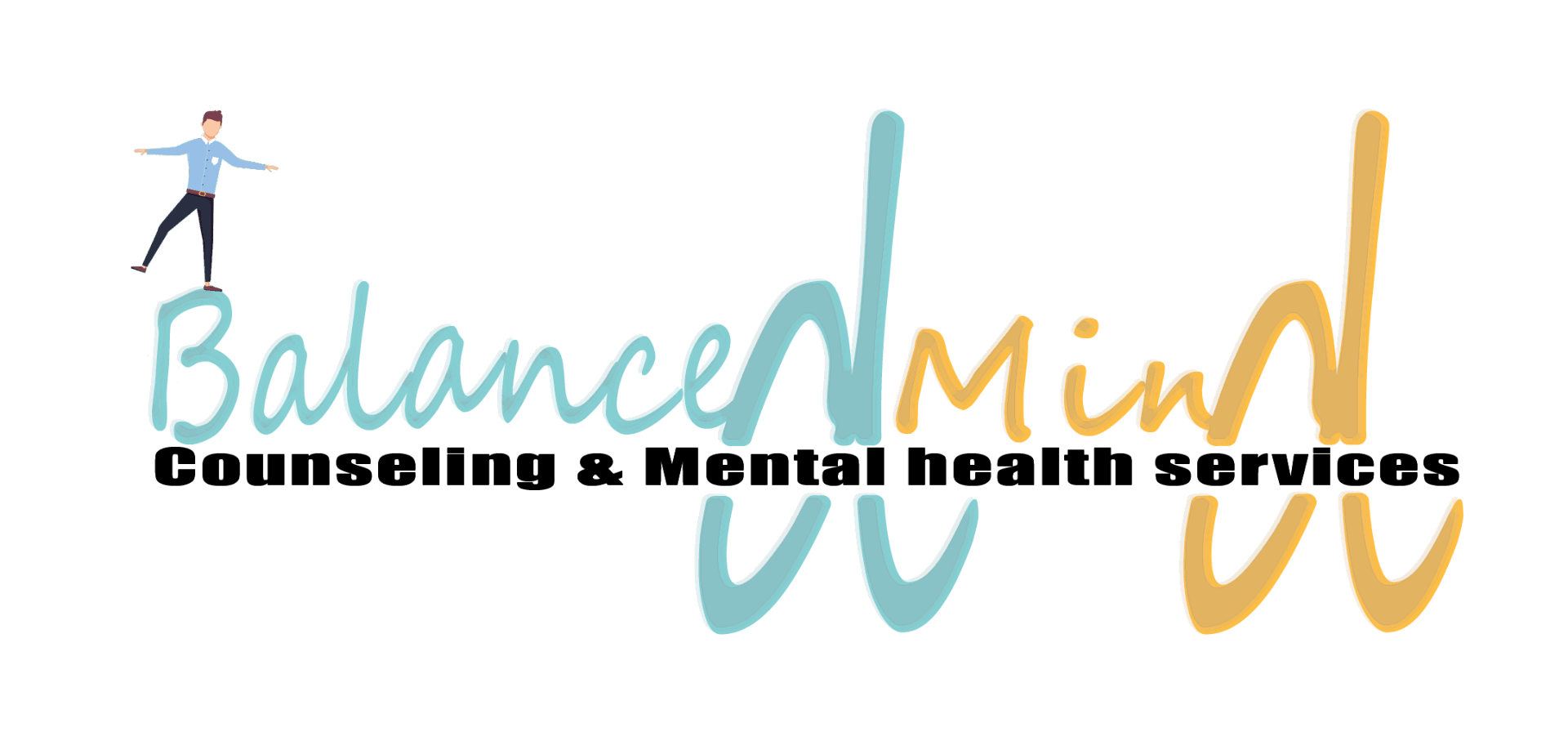The Impact of Affirmations on Mental Health

Exploring the Power of Positive Thinking
Introduction
Affirmations—positive statements designed to challenge and overcome self-sabotaging and negative thoughts—have gained increasing popularity as a tool for improving mental health. Rooted in practices of mindfulness and self-awareness, affirmations are often employed to foster a positive mindset, increase self-esteem, and cultivate resilience against stress and anxiety. But how do affirmations actually impact mental health? This document explores the mechanisms behind affirmations, their benefits, and how they can be effectively incorporated into daily life.
The Science Behind Affirmations
Cognitive Behavioral Foundations
Affirmations align closely with principles of cognitive-behavioral therapy (CBT), which highlights the connection between thoughts, emotions, and behaviors. By repeating positive affirmations, individuals can reframe negative thought patterns that contribute to mental health challenges such as anxiety and depression. This process, known as cognitive restructuring, allows the brain to replace unhelpful beliefs with constructive, empowering ones.
Neuroplasticity and Affirmations
The brain’s neuroplasticity—the ability to form and reorganize synaptic connections in response to new experiences—plays a vital role in how affirmations work. Repeated positive statements can strengthen neural pathways associated with optimism and self-worth, effectively rewiring the brain over time. This is analogous to building a muscle: consistent practice reinforces these pathways, making positive thinking more automatic.
Self-Affirmation Theory
Self-affirmation theory, developed by psychologists Claude Steele and others, suggests that affirmations help individuals maintain their sense of self-integrity and self-worth. By focusing on core values and strengths, affirmations reduce the impact of stressors and promote a balanced perspective, protecting mental health and fostering resilience.
Benefits of Affirmations for Mental Health
Reducing Stress and Anxiety
Affirmations can act as a buffer against stress by encouraging individuals to focus on positive outcomes rather than dwelling on uncertainties and fears. For example, repeating statements like “I am capable of handling whatever comes my way” can instill a sense of calm and control, even in challenging situations.
Building Self-Esteem
One of the most prominent benefits of affirmations is their power to improve self-esteem. By reinforcing beliefs such as “I am worthy of love and respect,” individuals can combat feelings of inadequacy and build confidence. This is particularly beneficial for those who struggle with imposter syndrome or a critical inner voice.
Encouraging Resilience
Affirmations foster emotional resilience by promoting adaptive coping mechanisms. In moments of adversity, a practice of affirmations can help individuals tap into their inner strength and maintain a hopeful outlook, reducing the likelihood of burnout or emotional exhaustion.
Improving Overall Emotional Well-Being
A regular affirmation practice contributes to improved emotional well-being by shifting the focus away from negativity and toward gratitude, hope, and self-compassion. This positive shift in mindset can lead to greater satisfaction with life and a more optimistic attitude.
Practical Tips for Using Affirmations
Creating Personalized Affirmations
For affirmations to be effective, they need to resonate personally. Generic statements may lack the emotional connection necessary for impact. Instead, individuals should focus on crafting affirmations that align with their values, goals, and current challenges. For example, someone struggling with self-doubt might say, “I trust my abilities and decisions.”
Incorporating Affirmations into Daily Life
Consistency is key to reaping the benefits of affirmations. Here are several ways to integrate them into daily routines:
Start the day by repeating affirmations during morning meditation or while looking in the mirror.
Write affirmations in a journal or on sticky notes placed in visible locations.
Set reminders on your phone to pause and recite affirmations during the day.
Use affirmation apps or guided recordings for structured practice.
Combining Affirmations with Other Practices
Affirmations work best when combined with complementary practices such as mindfulness, gratitude exercises, and visualization. For instance, pairing affirmations with deep breathing can enhance their calming effect. Additionally, reflecting on past achievements while affirming future goals can create a sense of continuity and purpose.
Common Misconceptions About Affirmations
Affirmations Are Not Instant Solutions
While affirmations are powerful, they are not a quick fix for deep-seated mental health issues. Their effectiveness depends on consistent practice and a willingness to engage with underlying emotions. For those facing severe challenges, affirmations should be part of a broader therapeutic approach, potentially including counseling or medication.
Positive Thinking Alone Is Not Enough
Affirmations must be grounded in realistic goals and actions. Simply repeating “I am successful” without taking steps to achieve success may lead to frustration rather than improvement. Effective affirmations inspire action and align with achievable objectives.
Affirmations Need to Be Believable
Affirmations that feel overly exaggerated or disconnected from reality may backfire, causing individuals to feel disheartened. For example, instead of saying “I am the best at everything I do,” a more believable affirmation might be, “I am constantly learning and improving.”
Scientific Studies Supporting Affirmations
Research has backed the efficacy of affirmations in various contexts. For instance, a study published in the journal *Social Cognitive and Affective Neuroscience* demonstrated that affirmations activate brain regions associated with reward and positive valuation. Another study in *Psychological Science* found that self-affirmations can reduce the impact of stress on academic performance and other high-pressure situations.
Conclusion
Affirmations are a simple yet effective tool for enhancing mental health. By reshaping thought patterns, building resilience, and fostering a positive outlook, they offer profound benefits for emotional well-being. Affirmations can serve as a valuable component of a holistic self-care routine. With consistency, personalization, and a commitment to growth, affirmations can empower individuals to navigate life’s challenges with confidence and clarity. However, affirmations are not a standalone solution for real mental health challenges. Many times it takes the guidance of a mental health professional to bring about real, lasting change. If you find yourself in a situation where affirmations are not the total solution for problems that you are facing, please reach out to the helpful staff at Balanced Mind Counseling to help you overcome those barriers.
